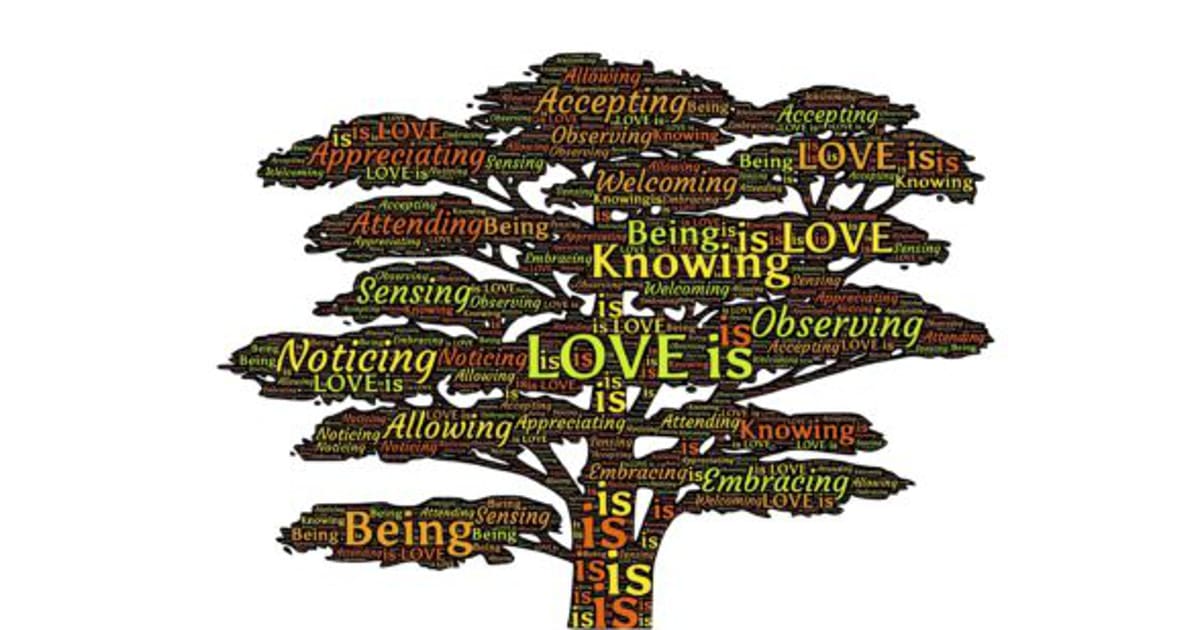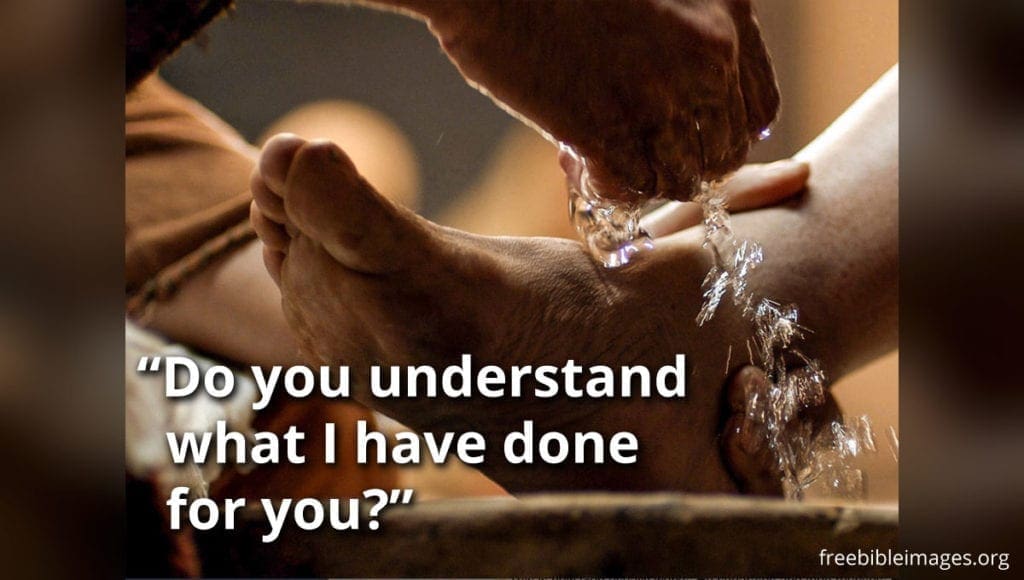Holy Week – Jesus Asks “Do you understand?”
Holy Week – The Greatest Systemic Change in Our Human Consciousness
Did you ever think that each Holy Week we celebrate the greatest systemic change in human consciousness ever? We speak, all too glibly, of the scandal of the cross… which began as the scandal of the crib. But what happened then was a radical change in the way we think about God… and ourselves.
Jesus asks “Do you understand?”
On Palm Sunday it was clear the crowds did not understand. Jesus’ question at the Last Supper rings as true today as when he first raised the question with his closest friends..
Do you understand what I have done for you?” he asked them. “You call me ‘Teacher’ and ‘Lord,’ and rightly so, for that is what I am. Know that I, your Lord and Teacher, have washed your feet, you also should wash one another’s feet. I have set you an example that you should do as I have done for you. Very truly I tell you, no servant is greater than his master, nor is a messenger greater than the one who sent him. Now that you know these things, you will be blessed if you do them. John 13: 11-17
Our image of God vs. God’s actions
The operative image of God for many Christians (except for the mystics) is a powerful monarch, usually looking like an old European man sitting on a throne. It’s no accident that the Latin word for God, Deus, came from the same root as Zeus. Some would say that Christianity hasn’t moved much beyond the mythological image of Zeus. Indeed, sometimes God is referred to as “the man upstairs.”
In fact, many are not too far from an unreflective image of God as the Divine vending machine who will reward us if we do and say the right things.
Yet this is not the image of God revealed to us by Jesus
- A vulnerable baby born in an occupied and oppressed land;
- Who was a refugee;
- Grew in wisdom, age, and grace
- A humble carpenter whose friends were fishermen, prostitutes, and tax-collectors
- A criminal executed on a cross by authorities who unjustly accused him
In other words, Jesus shows a vulnerable God much more than the powerful one Christians often assume.
The point?
God comes through powerlessness and humility! Talk about a paradigm shift! God is present in loving service more than power and might.
“I know where I came from and where I am going,” Jesus says, “but you do not” (John 8:14). So he came to tell us!… And show us the very next day!
I come from a loving God and I go back to a loving God.
It puts new meaning on the words, “Do this in memory of me.” “Love one another as I have loved you.”
It also gives new meaning to a reading used in the liturgy for St. Vincent.
“God has chosen the foolish things of the world to shame the wise, and God has chosen the weak things of the world to shame the things which are strong, and the base things of the world and the despised, God has chosen, the things that are not, that He might nullify the things that are” (1 Cor 1:27-28).
How radical and incomprehensible these words seemed to the Corinthians… but not to Paul, Vincent and Louise and those who walk in their footsteps today.
Understanding Holy Week at a personal level
- Palm Sunday – Can I recall times when expected God to save me from all suffering?
- Holy Thursday – Can I recall times when I did not wash another’s feet as Jesus asked?
- Good Friday – Can I recall times when I felt abandoned on my cross?
- Easter Sunday – Can I recall times when someone walked with me and helped me gain perspective?
- Can I accept the scandal of the crib and the cross – a God without the trappings of power?
- Am I an unwitting devotee of the gospel of prosperity where a good life is a reward for doing the right thing?
- How do we express and celebrate this change in our lives?
- Am I willing to wash the feet of others even as God Incarnate has washed my feet?
PS. For a fascinating overview of the human development in consciousness as found in Hebrew scripture visit this summary of the work of Walter Brueggeman.








0 Comments